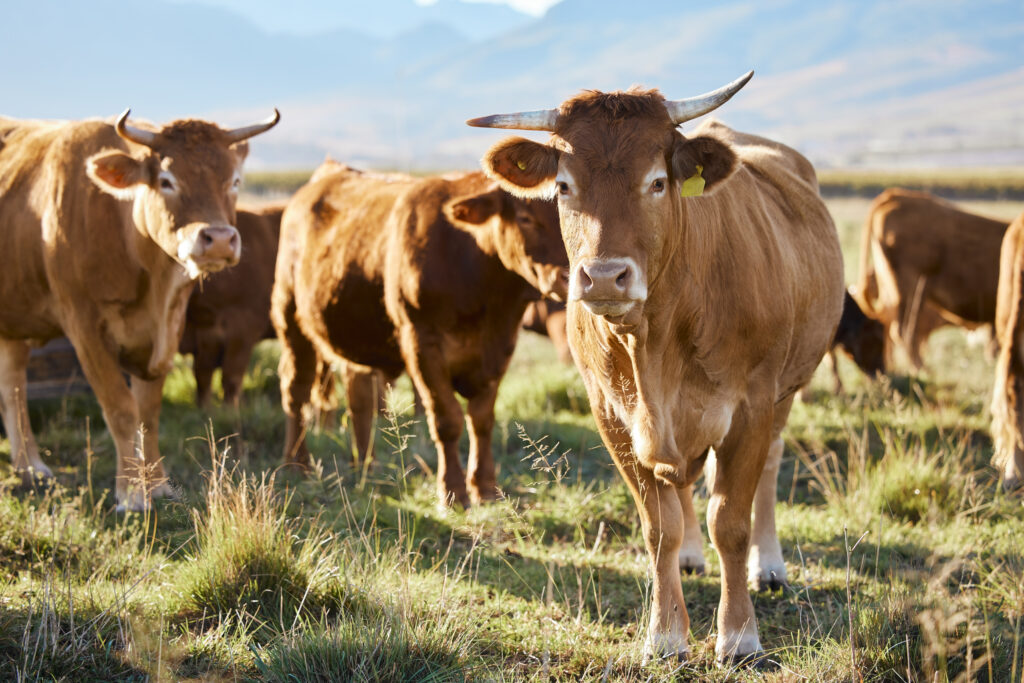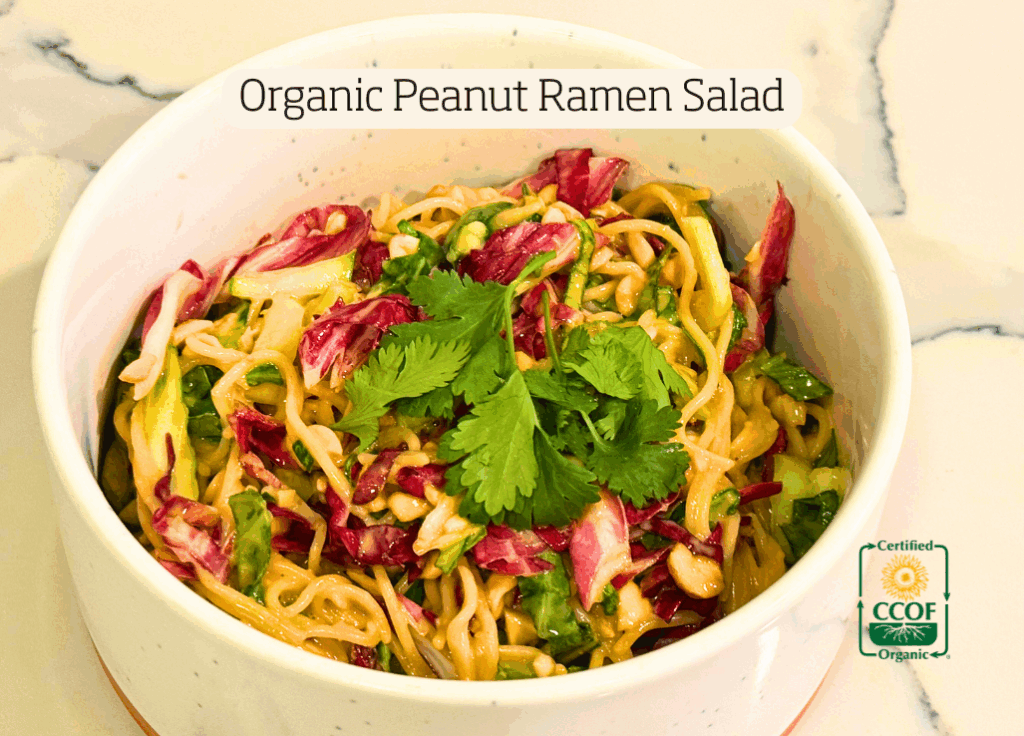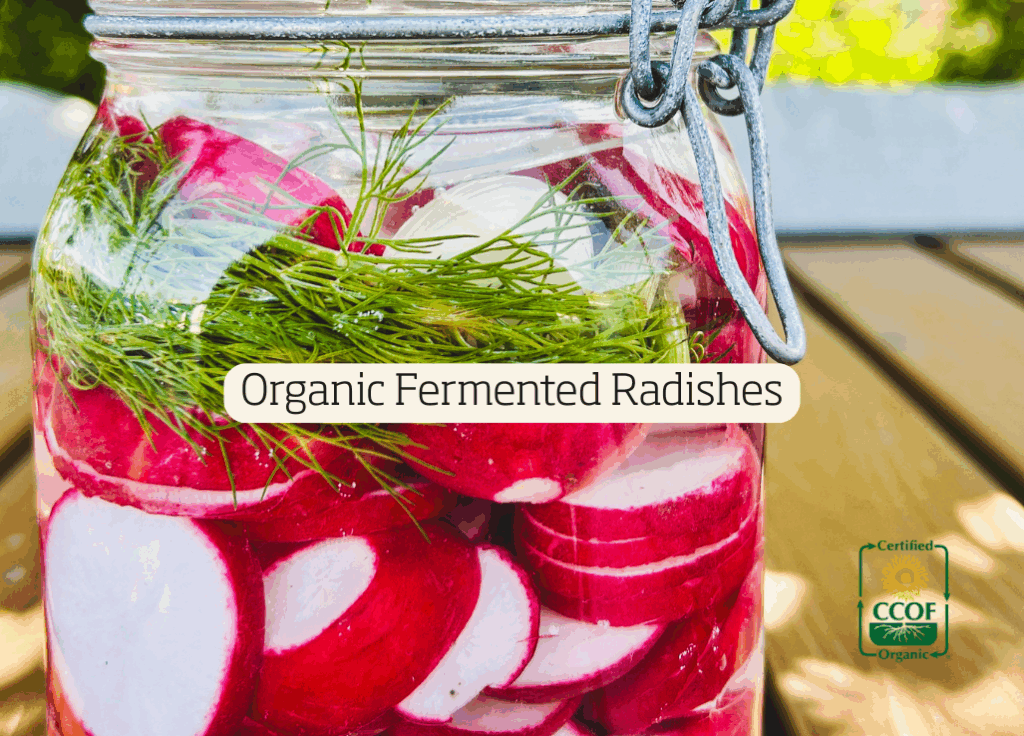Why Choose Organic Beef?
When you see “organic beef” at the grocery store, you’re looking at more than just a label. You’re seeing the result of farming practices that prioritize animal welfare, our environment, and your family’s health. When you choose organic beef, you are supporting farmers that raise cattle humanely. And these practices protect our natural resources and health.
Cattle Have Year-Round Access to the Outdoors
Organic beef starts with how cattle live their daily lives. Organic farmers must provide their animals with access to the outdoors and pasture so that they can roam freely. Standards require that cows graze on rich, nutritious grass for a minimum of one third of their lives. This means organic cattle spend their lives on pastures doing cow things: walking, grazing, and behave social. Not kept in tight, overcrowded spaces.
And new rules called the Organic Livestock and Poultry Standards (OLPS) go even further, really spelling out what animal welfare standards are for certified organic operations. Animals must have unrestricted outdoor access to move, stretch, and act naturally year-round, not just during a marketing photo op.
Healthier Meat for Your Family
Organic cattle eat a completely different diet than conventional cattle. Organic cattle receive 100% organic feed with no genetically modified corn, toxic pesticides, or prohibited substances. And this shows up in the meat! Studies have found that organic meat has healthier fat profiles with higher levels of beneficial fatty acids. These can help lower cholesterol and reduce cardiovascular risk for you and your family.
What’s NOT In Organic Is Just As Important
These animals can’t be treated with synthetic growth hormones or routine antibiotics. That means your hamburger is less likely to be contaminated with antibiotic resistant bacteria.
Good For The Future Of The Planet

Choosing organic beef also supports healthier land. When cattle graze on organic pasture, their manure helps pull carbon into the soil and boost biodiversity. In fact, this kind of managed grazing helps farms become more resilient in the face of droughts, floods, and other climate challenges.
Organic standards also require that livestock graze on certified organic pasture for at least 120 days a year. That’s not a suggestion—it’s the rule.
Standards You Can Trust
When you buy organic, you’re buying into the most regulated food system in the United States. Every organic cattle operation is inspected by independent, third-party certifiers who verify that all organic requirements are being met. Requirements including everything from the cow’s diet to pasture care to animal health. The USDA Organic label means the cattle were raised according to comprehensive standards that you can trace from farm to table.
From grass to grill, organic beef follows strict standards every step of the way. When you choose organic beef, you’re supporting farmers committed to practices that benefit animals, the environment, and your family’s health. The cattle live better lives and are raised in ways that support a healthier environment, bringing peace of mind to your dinner table.
Visit the links below to learn more!
Organic Animal Welfare Rules Announced
Organic Livestock and Poultry Standards (OLPS) Final Rule
How Are Animals Raised Organically


